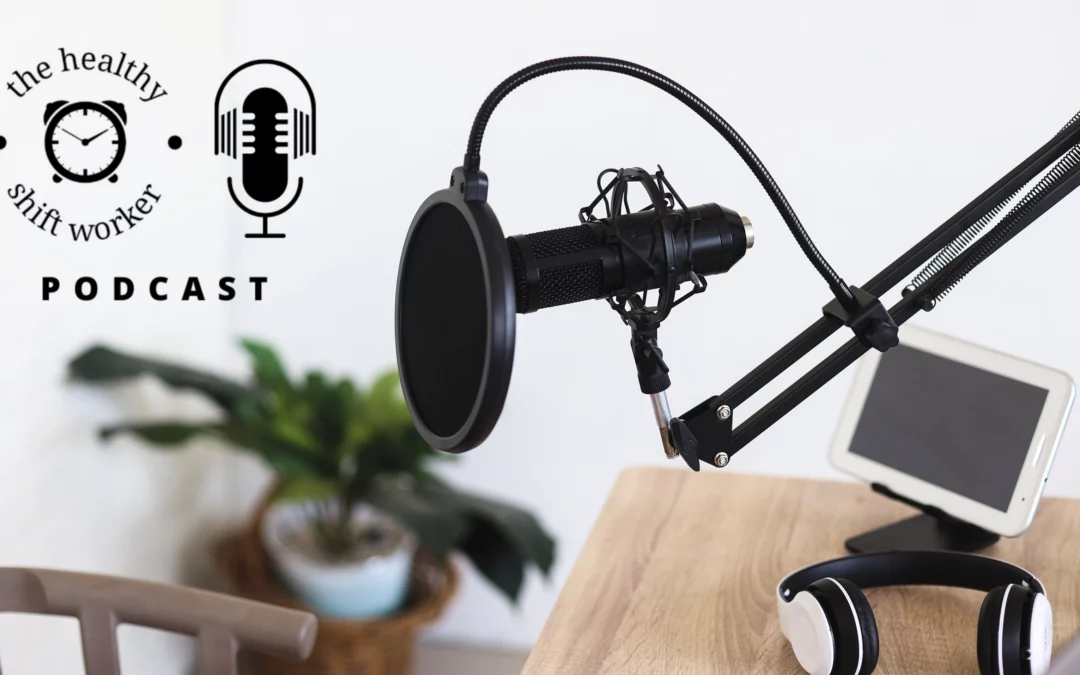
by Audra Starkey | Sep 8, 2017 | Nutrition
Leaky gut. It sounds like a weird phenomenon – and in a way it is. Now the technical, more scientific way to describe leaky gut is intestinal permeability, and is when space between the cells within the intestine or tight junctions of the epithelium become...

by Audra Starkey | May 3, 2017 | HSW, Podcast
Healthy Shift Worker Podcast Episode: Today’s podcast is pretty cool because I got to catch up and chat with a fellow student from University, Clinical Nutritionist and Ayurvedic Herbalist Brad Leech, who has an absolute passion when it comes to all things to do with...

by Audra Starkey | Jan 25, 2017 | Nutrition, Podcast
Healthy Shift Worker Episode 27: Cyndi O’Meara is certainly not your typical Nutritionist. Despite being in the industry since the 1980’s, she continually questions and challenges a lot of the dietary and nutritional recommendations that we are being subjected to in...

by Audra Starkey | Jan 11, 2017 | Nutrition, Podcast
Healthy Shift Worker Episode 26: Shift workers are notorious for experiencing gut discomfort thanks to our disruptive lifestyle, which can certainly impact on our overall health and well-being. One of which includes increasing our susceptibility to developing Leaky...




